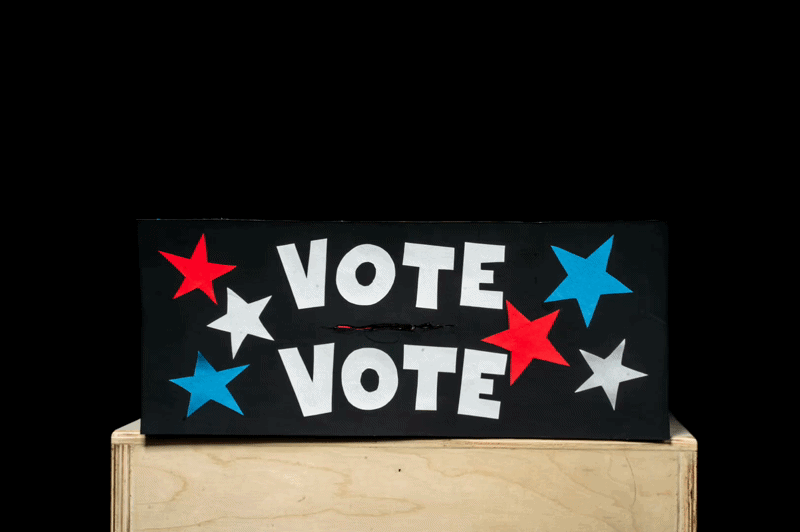Lansing - As one of the smallest racial-ethnic minority groups in Lansing, less than 1,000 American Indians make up the city's population. Officials with the Native American Arts and Crafts Council said despite the small population size, their voices still are heard in the community with the Riverbank Traditional Pow Wow, scheduled for this weekend at the Louis F. Adado Riverfront Park.
"We want people to know we are still here," organizer Marsha Kennedy said.
The Dearborn Heights resident grew up on an Oneida tribe settlement in Ontario. Kennedy and her relatives in Lansing will participate in various events, such as dancing, drumming, singing, crafts, cooking food and a living history village. All events are free and open to the public.
In hopes of educating the public about true American Indian culture, Kennedy said the powwow will help to dissolve stereotypes.
"We're not savages," she said. "We are from this country. And we are not or should not be sports symbols or mascots."
Food vendors will sell a variety of buffalo dishes, bread, soup and rice. Jewelry vendors will sell handmade turquoise, beadwork, silver and leather jewelry.
The living history village is a new event at the powwow in which public demonstrations of traditional skills such as flint-stone mapping will be done in a simulated historical environment.
"Anyone that wants to learn should come out," said event co-chairwoman Eva Menefee, who is also Kennedy's sister.
"A little bit of education will go along with all the dancing, singing, food and vendors. And the new village will be like what people would have seen hundreds of years ago."
As a veteran powwow volunteer who is not an American Indian, Westland resident Ronald Green said he noticed a lot of misconceptions people have of the culture.
"I've noticed at powwows that many people will call the regalia, the dress, 'costumes,'" Green said. "Some people are really offended by that, and some just try shrug it off. They are not costumes, they are traditional clothes."
The entire Menefee family is involved in the powwow, along with 10-year-old Maryanne Menefee. Maryanne will be dressed in full regalia: hair in braids with traditional hair ties, violet skirt, yoke top, leggings, moccasins and shawl.
She and other girls will perform a traditional fancy shawl dance, which is based on an American Indian legend about a husband leaving for war and never coming back.
The dancer moves in quick rhythm with her shawl wrapped around her shoulders.
"The woman is alone and sad," Maryanne said. "She becomes a cocoon and later grows into a butterfly. She flies away."
By holding the powwow, not only do the non-American Indians learn about the culture, but so does the younger American Indian generation.
"Things aren't mainly documented in our culture," Kennedy said. "They have to pay attention to learning from us."






